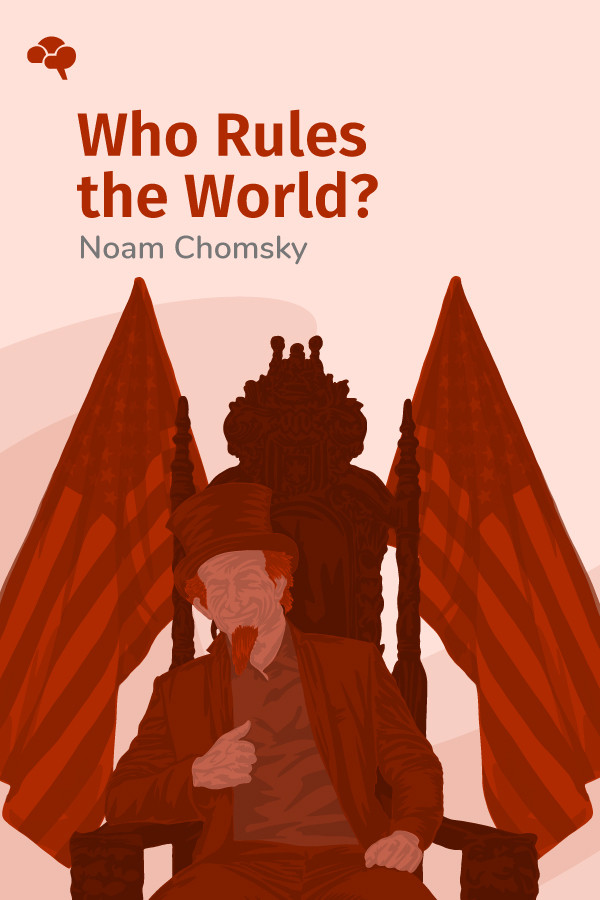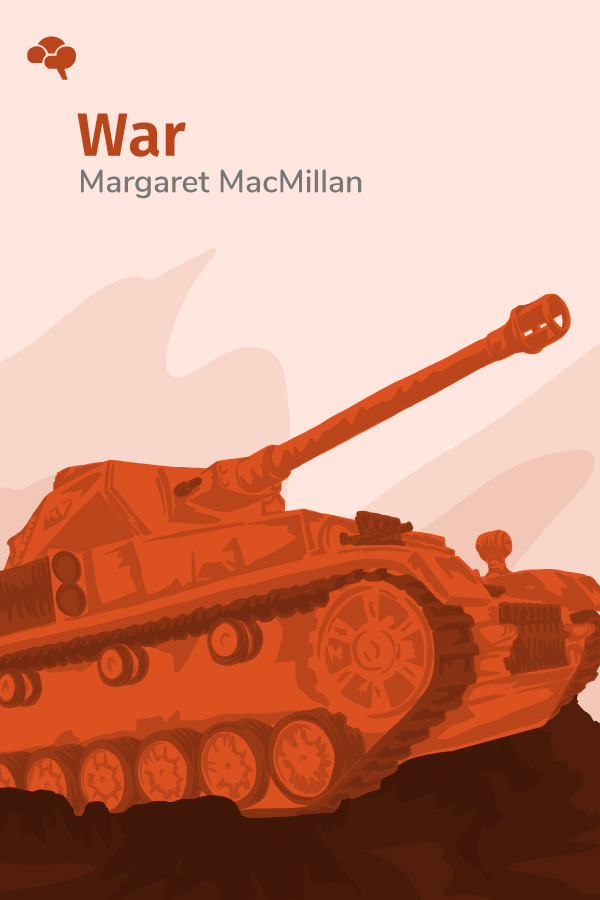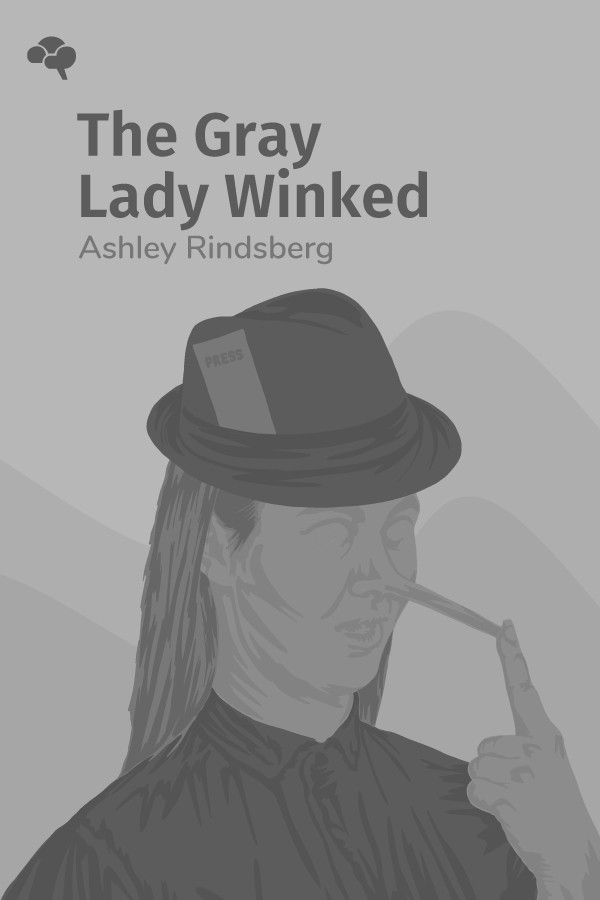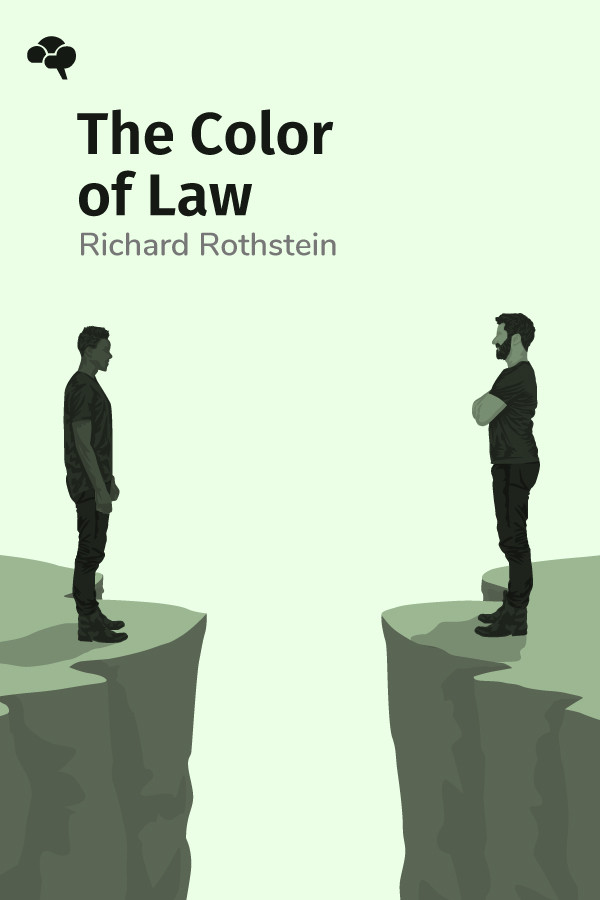Key Insights From:
The Narrow Corridor: States, Societies, and the Fate of Liberty
By Daron Acemoglu, James A. Robinson
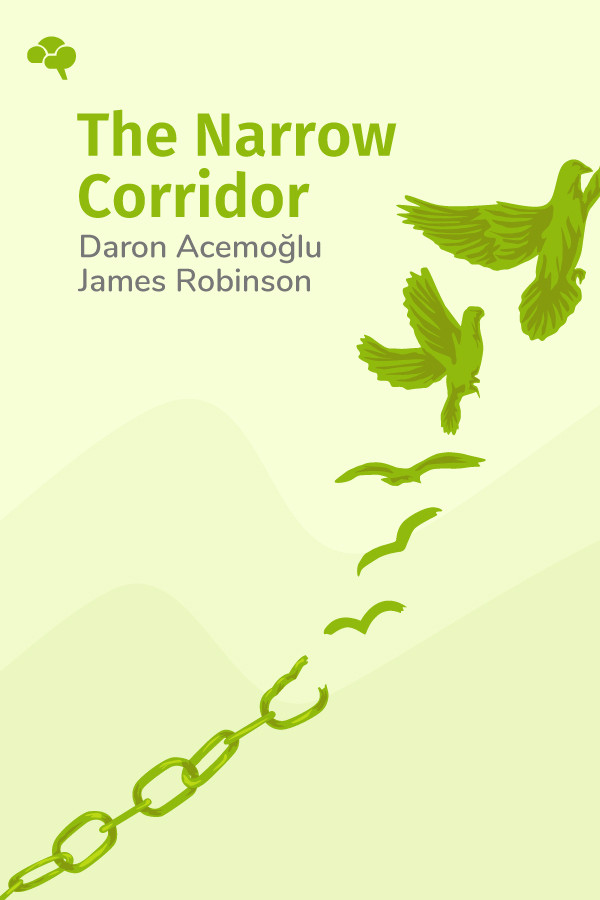

Key Insights From:
The Narrow Corridor: States, Societies, and the Fate of Liberty
By Daron Acemoglu, James A. Robinson
What You'll Learn:
Rome wasn’t built in a day, and neither is democracy. MIT professor Daron Acemoglu and University of Chicago professor James A. Robinson lead us down what they call “the narrow corridor,” a pathway and crucible through which a civilization or culture must pass if liberty is to be realized. Framing this narrow corridor is an excessively strong society on one side and an excessively strong state on the other. Too strong a society, and there’s anarchy; too strong a state, and there’s dictatorship. Liberty either unprotected or unprotected. Drawing from history and geopolitics, Acemoglu and Robinson show us why liberty is so tough to develop and hang on to.
Key Insights:
- Checks and balances are not a guarantee against tyranny.
- The world is not on the verge of being consumed by anarchy, liberty, or technological dictatorship—all three are at play in different places.
- The Leviathan (the state) is just as likely to make people’s lives nasty, brutish, and short as it is to protect their lives from becoming so.
- In the absence of a Leviathan, people rely on strict customs and rituals to maintain order and contain violence.
- It is difficult to shackle the Leviathan, but that’s what needs to happen for liberty to emerge.
- Europe has been a seedbed of many successful democracies thanks to two ancient influences—but not the ones that most people guess.
- The United States made a deal with the devil to create a Shackled Leviathan.
